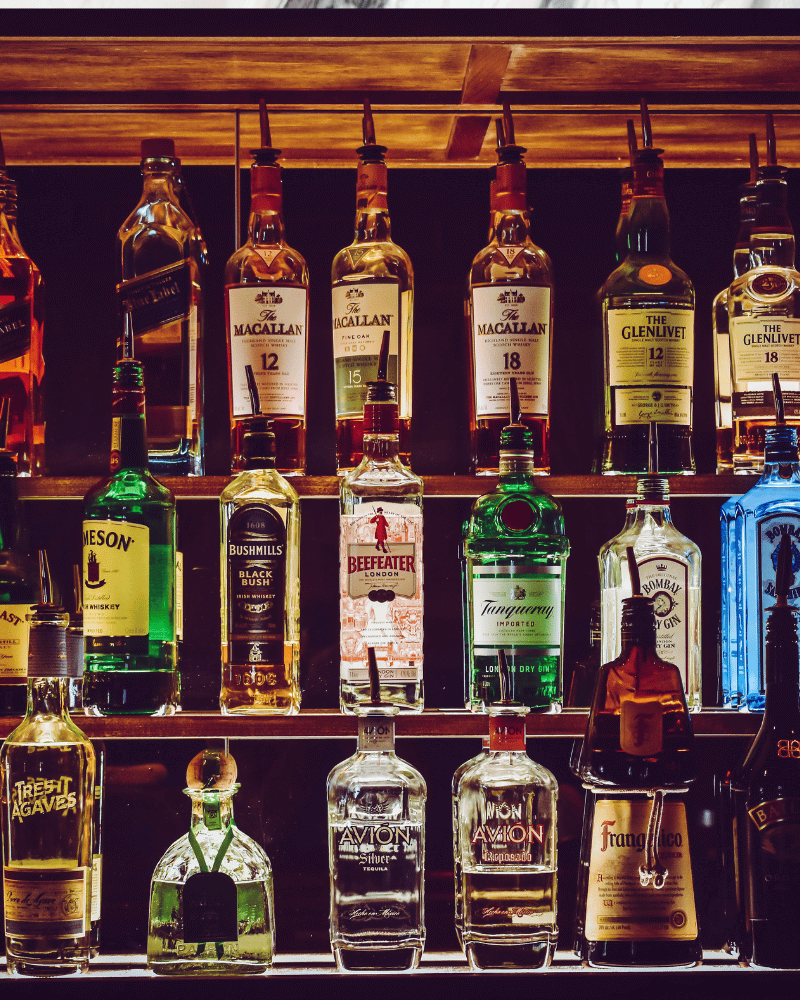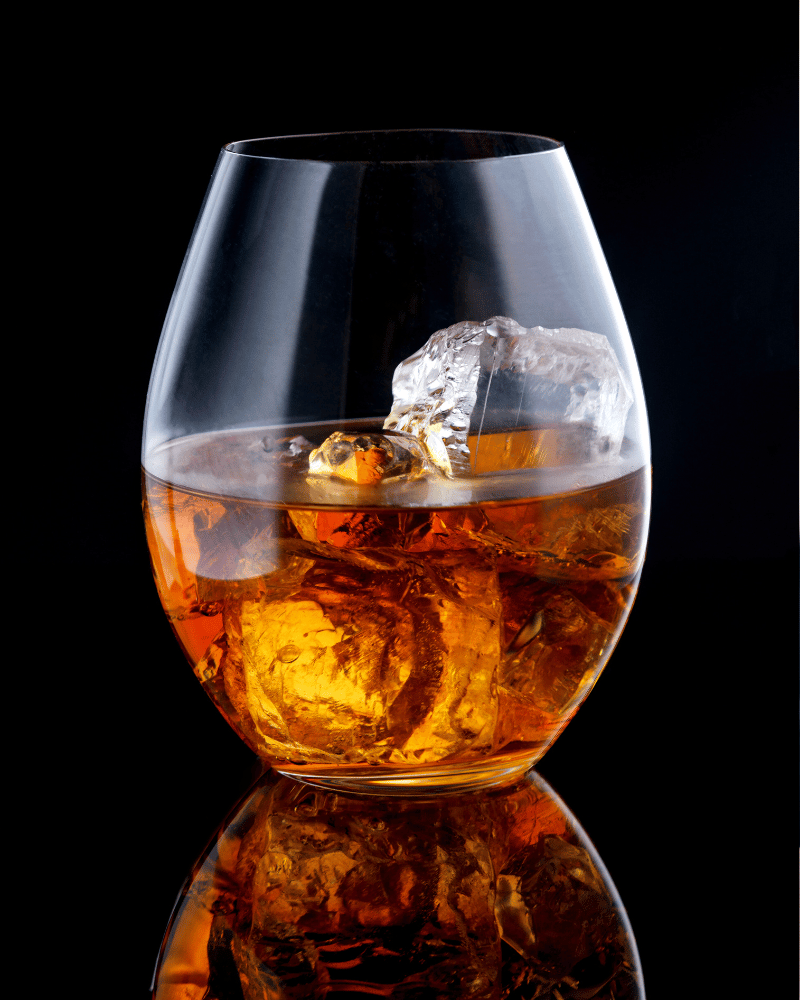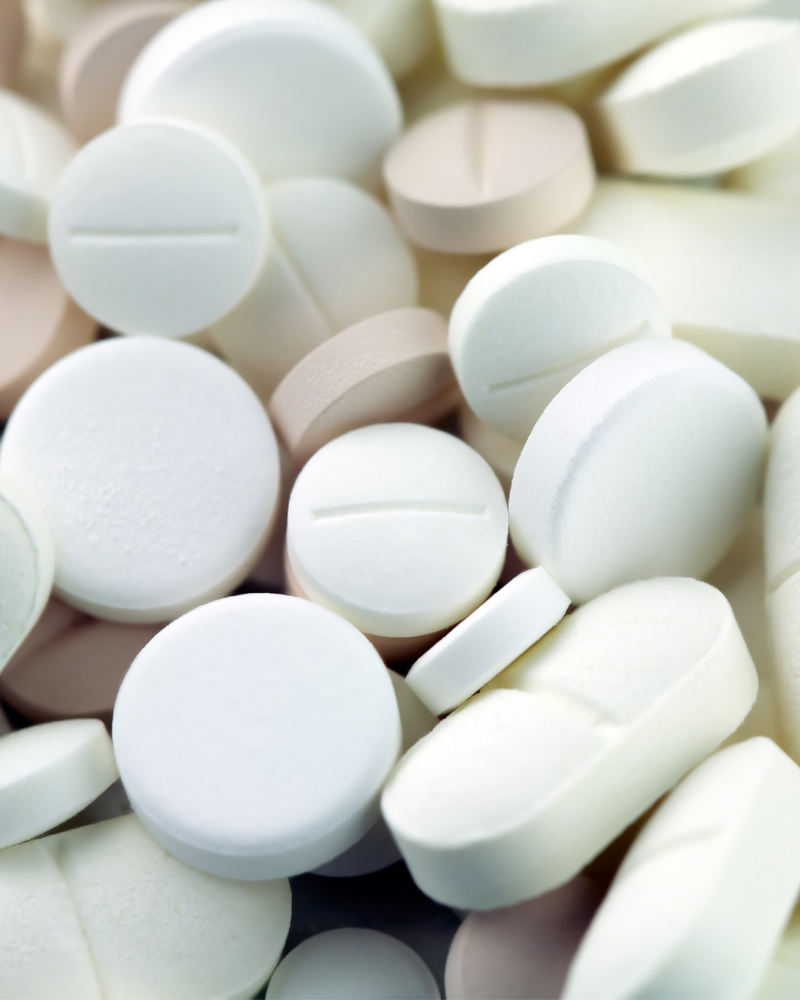Taking MDMA (ecstasy) and alcohol at the same time is not uncommon, especially in the party and club scene, but it carries considerable risks. Both substances have different effects on the central nervous system, which can result in a risky combination. While MDMA is known to produce strong euphoria and energetic feelings, alcohol has a calming and depressant effect on the body. These opposing effects make it difficult for the body to adapt to the stress, which often has serious health consequences.

The effects of MDMA on the body
MDMA is a stimulant and causes a massive release of neurotransmitters such as serotonin, dopamine and noradrenaline in the brain. These substances are responsible for the strongly positive feelings that many users experience - including intense pleasure, increased empathy and a strong sense of well-being. However, the downside of this effect is that the body is under enormous stress. Heart rate and blood pressure rise, as does body temperature. Many consumers often don't even realize how dehydrated they are, which can lead to dangerous conditions, especially during activities such as dancing or partying.
How alcohol affects the body
Unlike MDMA, alcohol does not have a stimulating effect, but a calming one. It slows down brain functions, lowers inhibitions and creates a feeling of relaxation. In moderate quantities, it promotes social interaction and can have a relaxing effect for many people. However, at higher doses, motor skills, judgment and reaction times are significantly impaired. Alcohol also has a diuretic effect, which further disrupts fluid regulation in the body. Combined with the dehydration caused by MDMA, this increases the risk of serious complications.

MDMA and alcohol: What happens when the two substances are combined?
The combination of MDMA and alcohol can alter and potentially enhance the effects of both substances. Alcohol, for example, can weaken the euphoric effect of MDMA, which can lead to users taking more MDMA to achieve the desired effect. However, this increases the risk of overdose. At the same time, MDMA masks the depressant effects of alcohol, which means that the signs of alcohol intoxication are often not recognized.
The most common risks of the combination include
-Overheating: MDMA causes body temperature to rise sharply, which combined with dehydration from alcohol can be life-threatening.
-Circulatory problems: The opposing effects on the cardiovascular system increase the risk of cardiac arrhythmia or collapse.
-Altered consciousness: Both MDMA and alcohol impair judgment and perception, which can lead to dangerous situations.
Physical symptoms of mixed consumption
People who use MDMA and alcohol together often report a range of unpleasant symptoms. These include severe dizziness, nausea and confusion. The increased heart rate caused by both MDMA and alcohol can also lead to a feeling of rapid heartbeat, which can cause users to panic. Cramps or tremors are also not uncommon and can be an indication that the body is severely overloaded.
In addition to these short-term symptoms, there is also a risk of long-term damage. The liver and cardiovascular system are particularly affected. As the liver has to break down both substances at the same time, it is under particular strain, which can lead to liver damage in the long term.
Long-term health risks from MDMA and alcohol
While the acute risks of mixed consumption are already considerable, long-term damage cannot be underestimated. The constant overloading of the liver due to the breakdown of alcohol and MDMA can lead to permanent liver disease, which in the worst case can end in liver failure. In addition, MDMA attacks the serotonin system in the brain, which can lead to depression, anxiety disorders and cognitive impairment with repeated use. Alcohol intensifies these harmful effects, as it also has a neurotoxic effect.
The cardiovascular system also suffers in the long term from the repeated combination of MDMA and alcohol. The constant alternation between stimulant and depressant leads to overstressing of the heart, which increases the risk of heart attacks and other cardiovascular diseases
Testimonials: positive and negative experiences
Although some users report that they have found the combination of MDMA and alcohol pleasant, experiences are often mixed. At the beginning of the effect, the combination can actually increase the feeling of relaxation from the alcohol and the euphoria from MDMA. However, many also report unpleasant "come-downs", with severe exhaustion, headaches and emotional lows. These after-effects can be particularly strong, as both alcohol and MDMA are known to strongly influence serotonin levels in the brain.




